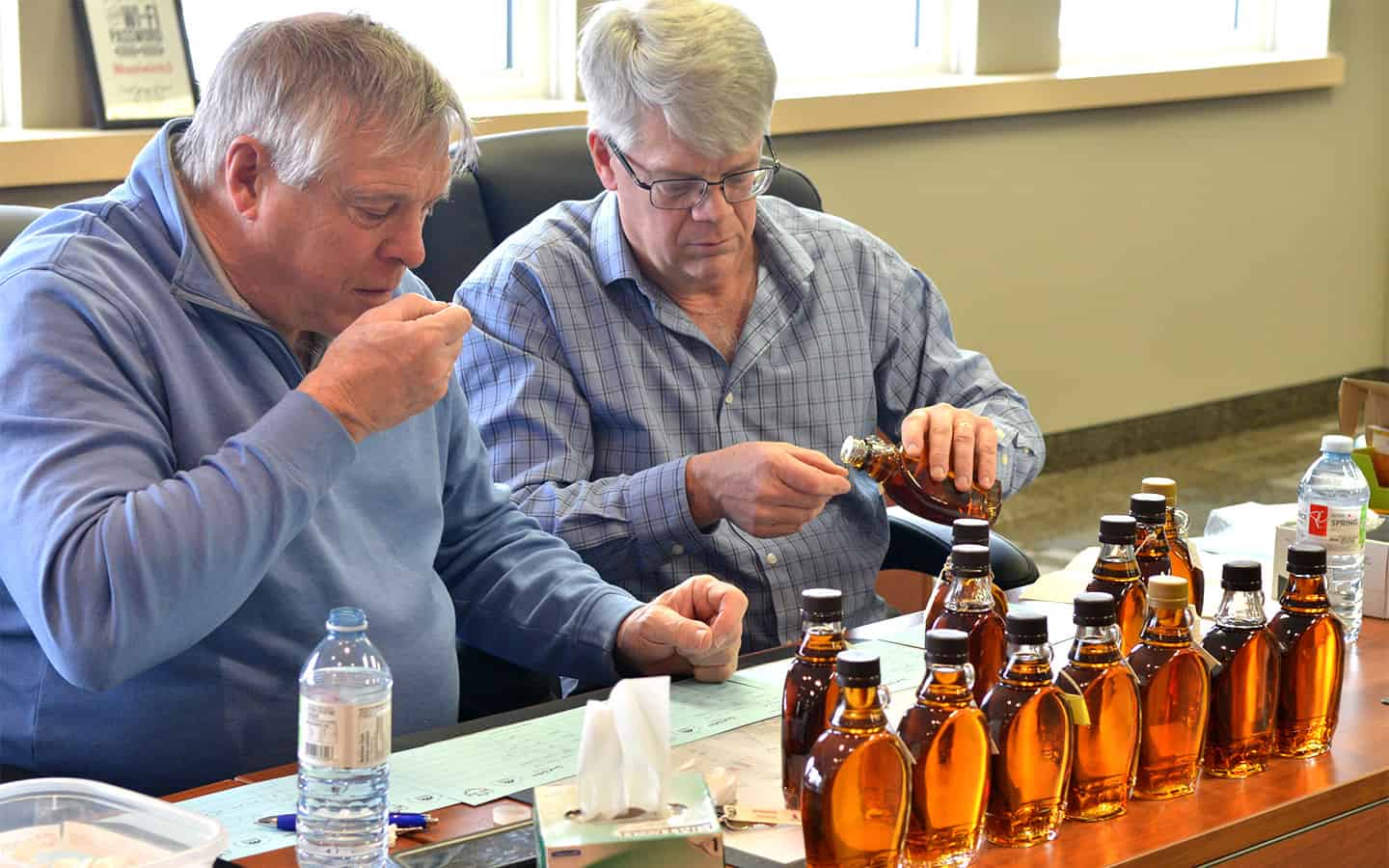An aging population and growing number of dementia cases have health researchers working on numerous fronts, from medical to social. In the latter category, the Schlegel-UW Research Institute for Aging last week received $3 million in federal funding for a new initiative to address social isolation in older adults living with dementia in Waterloo Region.
The Supporting Inclusion through Intergenerational Partnerships (SIIP) project looks to address social isolation of older adults living with dementia and their care partners by bringing different generations together.
Federal Minister of Seniors Deb Schulte was in Waterloo February 14 to announce financial support for the project through the New Horizons for Seniors Program (NHSP).
“The government of Canada is empowering vulnerable seniors by investing in opportunities where they can benefit from and contribute to their communities. This project will help improve the lives of older people living with dementia, their families and caregivers. It will increase seniors’ social inclusion and well-being, and make a meaningful impact in the community,” she said in a statement.
To that end, the University of Waterloo-based research institute will be soliciting public input and, eventually, requests for proposals to implement projects that could help keep people with dementia involved in the community.
“We’re trying to be creative in the way that we’re engaging older adults, like doing that [by] connecting them with youth in our community, creating meaningful roles for both contributing to society in their experiences and their knowledge, benefiting community,” said Neb Zachariah, the institute’s project manager for the SIIP program.
She notes patients with dementia remove themselves from society, taking with them their expertise and experiences. Pairing them with young people – high school and university students, for instance – can both keep them engaged and allow them to pass on what they know.
“We as a society and as a community lose without the knowledge of those people who have become isolated.”
With the funding in place, the organization can begin the process, starting with a public input session planned for next month in Waterloo. She wants to hear from people living with dementia, their families and caregivers, along with the young people who the project would be looking to pair with older residents coping with dementia.
“We want to get the community to start thinking about how we together can develop programs and policies that might create a more friendly environment” for those dealing with dementia, said Zachariah. “Right now we really are looking to raise awareness in the community about what we’re looking to do, but also to understand what’s happening in the community, what the community needs, and then that is really going to help us understand how we can mobilize and to use the resources that are already in the community.”
With that in mind, a “community think tank” event is set for March 27 at the Waterloo Memorial Recreation Complex – more information can be found online.
“That’s our first community engagement event. It’s going to be a first, broad event to welcome the community into what we’re doing, to get the community excited about the potential for the impact of this project,” Zachariah explained.
More than 10,000 Waterloo Region residents over the age of 65 are living with dementia. For those with mild and moderate cases – undetected in some of them – it can become more difficult to maintain social relationships. The project aims to reverse that trend, she explained.
“This project gives us the opportunity to not only bring our resources for people living with dementia to the community, but to also help foster partnerships and innovation across generations. I look forward to seeing how Waterloo Region becomes better able to support our older adults through this work,” said Josie d’Avernas, executive director of the Schlegel-UW Research Institute for Aging, in a statement.
Seniors are the fastest-growing demographic group in the country, expected to represent almost a quarter of Canada’s population – some 9.6 million – by 2037. More than 500,000 people already suffer from dementia; primarily a disease of older people, the number of cases is expected to double over time.









